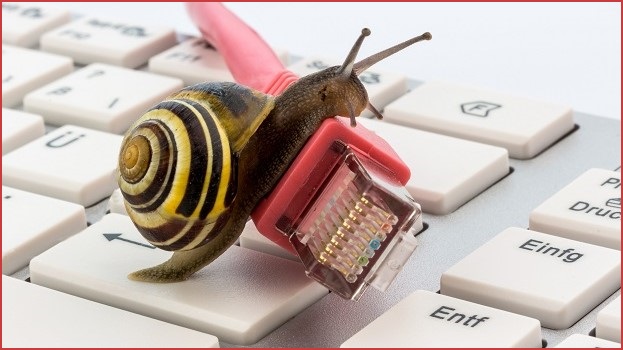Chinese tech giant Huawei has lashed out after being banned from Australia's NBN, describing the project as a failure.
Speaking at the 5G Business Summit in Sydney last week, David Soldan, Huawei Australia Chief Technology Officer, said there was no way the NBN would ever deliver on its promise of high-speed internet.
“As the completion of the National Broadband Network comes into view, it’s time to face a very simple fact: the NBN project has failed and Australians needs to stop expecting NBN Co to deliver high-speed broadband to all Australians – it is just not going to happen,” Soldani said.
“Australia has somehow managed to invest $51 billion on a network that can’t even deliver 50Mbps to around one million of its fixed-broadband end-user premises.”
The Huawei executive then took aim at NBN’s Fixed Wireless service.
“We have spent around $10,000 for every activated premises on the NBN Fixed Wireless network and yet hundreds of sites are only delivering 6Mbps or less at peak-time to end-users – worse speeds than many were getting on old ADSL services,” Soldani said.
Australia’s internet is notoriously poor, with an average broadband download speed of less than 36Mbps – compared to the world average of 57Mbps.
Naturally, Soldani showed annoyance that Huawei has not been able to play a role in the development of the NBN, saying “it makes no sense for Australia to continue to exclude the world’s leading 5G technology provider from the marketplace”.
“The technology is already there to solve the challenges Australia is facing – there is no doubt about that,” Soldani said.
“What we need now is for that technology to be allowed to do what it was designed to do and for our leaders to recognise that we need to adopt a different approach with regard to delivering universal high-speed broadband.”
Huawei banned
In 2012, Huawei was not permitted to contribute to the development of the NBN and in August last year, just before Scott Morrison took over as Prime Minister, Huawei was banned from participicating in the construction of Australia’s 5G network.
At the time, Morrison cited national security interests as being the reason for the ban.
“The Government considers that the involvement of vendors who are likely to be subject to extrajudicial directions from a foreign government that conflict with Australian law, may risk failure by the carrier to adequately protect a 5G network from unauthorised access or interference,” Morrison said.
Since then, US President Donald Trump signed an executive order to ban the sale of Huawei products in the US.
Google then cut off the company’s access to its Android operating system, denying Huawei devices future access to updates, the Google Play store, and apps like YouTube and Gmail.
Telcos in Britain and Japan soon followed suit by limiting the sale of new Huawei’s handsets.
The massive Chinese tech company – which boasts having 180,000 employees and passing over $100 billion in revenue last year – has been on the front foot trying to mitigate effects of global uncertainty over the brand’s trustworthiness.
“[Huawei] will always be on the same line of interest, and if we don’t load Google’s system, #Google will lose 700-800 million users in the future,” says #Huawei CEO Ren Zhengfei. #HuaweiFacts
— Huawei Facts (@HuaweiFacts) June 27, 2019
State actor
But distancing itself from the long arms of the Chinese government has been a difficult task for Huawei.
Last week, Bloomberg published an investigation into Huawei’s research relationship with the People’s Liberation Army.
By analysing papers from thousands of academic journals and online databases, journalists found instances of Huawei personnel co-signing on Chinese military research.
In a statement to Bloomberg, Huawei spokesperson Glenn Schloss denied having close ties with the Chinese state.
“Huawei does not have any R&D collaboration or partnerships with the PLA-affiliated institutions,” he said.
“Huawei only develops and produces communications products that conform to civil standards worldwide and does not customise R&D products for the military.”










